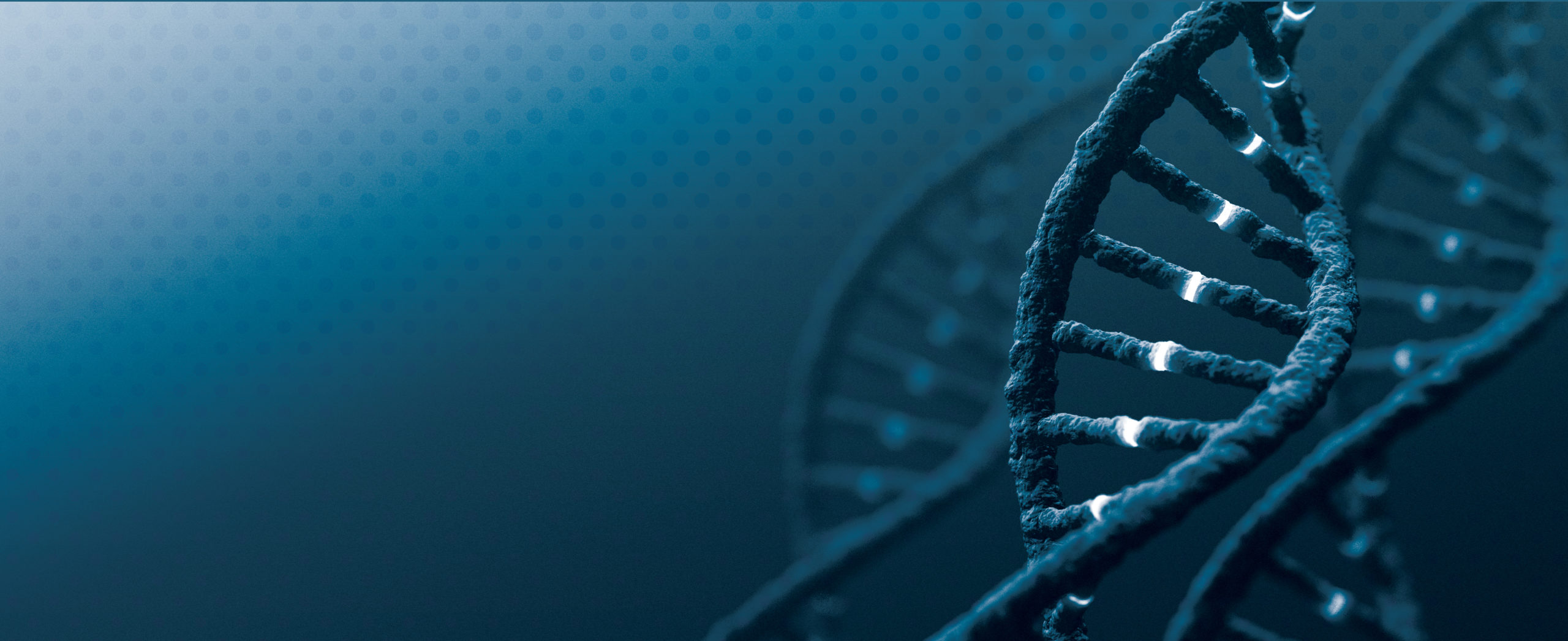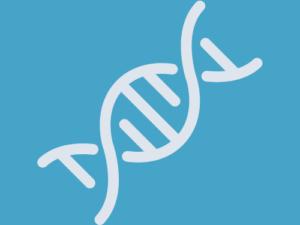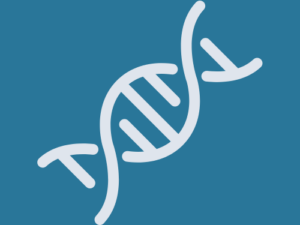
“The thing to remember is that kids are already making sense of race and biology, but with no guidance.”
- Dr. Brian Donovan, BSCS Senior Research Scientist
Right now, most middle and high school students are learning about genetics the same way their teachers, parents, and grandparents learned it in school. Sure, it’s important for kids to learn that genes help determine traits. But what happens when kids try to use only genes to explain more complex human characteristics, like intelligence or athletic ability? What happens when kids believe that genes are their destiny? And what happens when topics of race and gender come up in the discussion?
These are concerns that many educators and our team at BSCS Science Learning share. Today, we are exploring the role biology education can play in reversing prejudice. Our research reveals that the oversimplified way students learn about genetics can increase their tendency toward both racist and sexist thinking.
However, our research has also uncovered an approach to genetics instruction that significantly reduces this tendency. It allows students to develop a more complex understanding of genetics — one that explains how genes, the environment, and several unknown factors all play a role in complex human characteristics and abilities.
Our approach is more scientifically accurate and designed with the specific goal of refuting racist and sexist thinking. We call it Humane Genetics.
In recent years, we have prepared middle and high school biology teachers across the country to implement this approach in their classrooms. This is challenging work, and it takes courageous teachers to make it happen.
Learn more about the Humane Genetics research lab’s work.

Gain access to Humane Genetics materials and professional development for free by participating in a research study
Learn More
Gain access to Humane Genetics materials and professional development without participating in research
Learn More